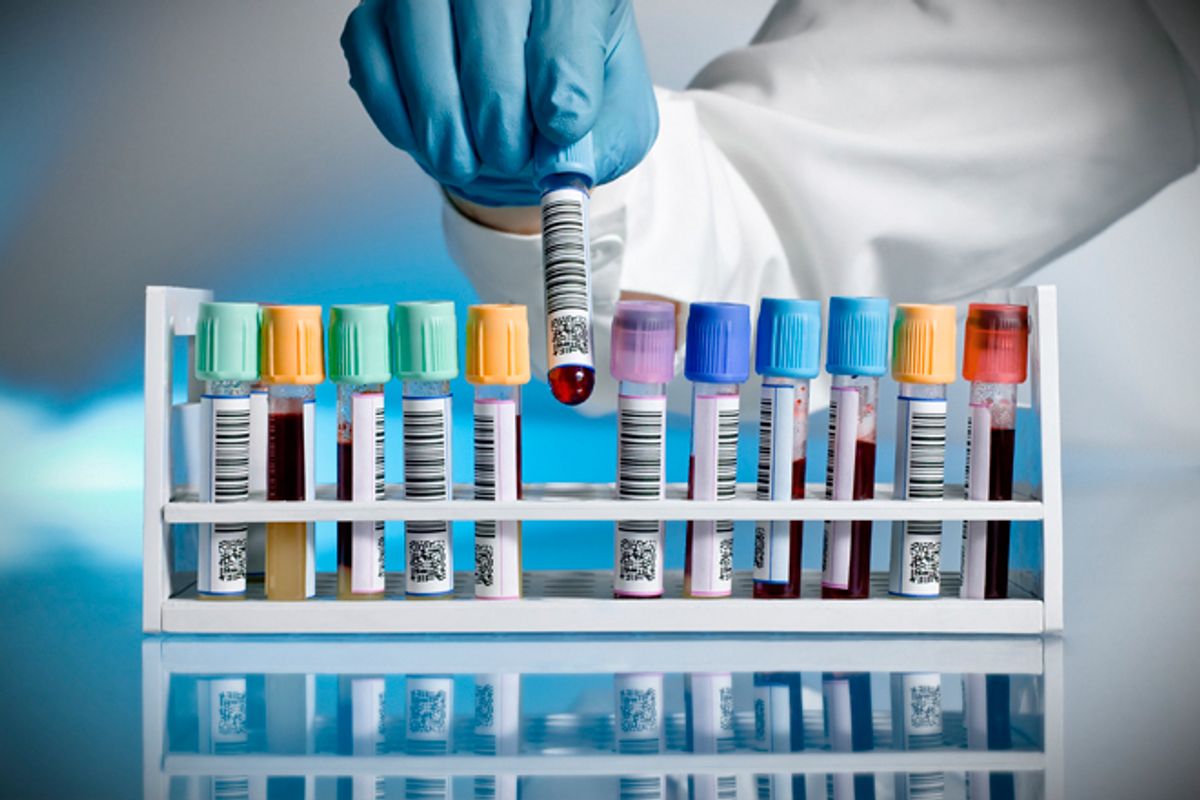The New York Daily News' new analysis of the drug testing of postpartum women in New York City maternity wards -- and the neglect proceedings that can follow, often targeting low-income communities -- is a reminder that this intersection of the drug war and creeping personhood isn't limited to red states.
Such testing tends to happen at the discretion of the hospital. "Private hospitals in rich neighborhoods rarely test new mothers for drugs, whereas hospitals serving primarily low-income moms make those tests routine and sometimes mandatory," concludes The News' Oren Yaniv. This is true more broadly. According to the National Advocates for Pregnant Women, "More than eighteen states now address the issue of pregnant women’s drug use in their civil child neglect laws, and a growing number of these states make it possible to remove a child based on nothing more than a single positive drug test."
At least two studies have found that black women and their newborns are far more likely to be tested for drug use -- and to be reported for it -- than white women, despite similar rates of drug use among the populations. Testing positive for marijuana can unleash a round of child neglect and protection proceedings, though attorneys have presented in court medical testimony that marijuana use, while not exactly beneficial to the fetus, doesn't actually harm it. And another recent study published in Clinical Chemistry found that infant urine tests were far more likely than adult urine to result in false positives for marijuana.
Of course, New York City is still a long way from Alabama, which routinely prosecutes pregnant women who test positive for drug use for "chemical endangerment," a statute that was initially enacted to protect children from meth labs. According to an April story by Ada Calhoun in the New York Times magazine, about 60 women have been prosecuted under the law, some for using drugs that are more serious and addictive than marijuana. The director of the Center for Study of Children at Risk, Barry Lester, told Calhoun at the time, “I think what you’re looking at here is a failure to understand that addiction is a disease of the brain. You are looking at people who think that these are horrible women who are rationally, willfully hurting their kids, but it’s more complicated than that. Science has shown that addiction is a disease like any other mental illness, and absolutely treatable.”
Emma Ketteringham, an attorney who has represented such women in both Alabama and New York City, took it a step further in the same piece: “The idea that the state needs to threaten and punish women so that they do the right thing during pregnancy is appalling. Everyone talks about the personhood of the fetus, but what’s really at stake is the personhood of women. It starts with the use of an illegal drug, but what happens as a consequence of that precedent is that everything a woman does while she’s pregnant becomes subject to state regulation." Personhood may not have passed in a single state yet, but that doesn't mean laws subsuming a pregnant woman's rights can't slowly seep in under the appealing guise of child protection.
An Alabama state court has explicitly made the connection between this application of its chemical endangerment law and the tension between a pregnant woman's rights and that of her fetus. When the Alabama Court of Criminal Appeals affirmed that the law doesn't just cover born children but also the unborn, Attorney General Luther Strange declared that “the court has affirmed the value of life, including the lives of unborn children who are, after all, among the most vulnerable members of our society.” The state Supreme Court is considering the case but has yet to issue a ruling.



Shares